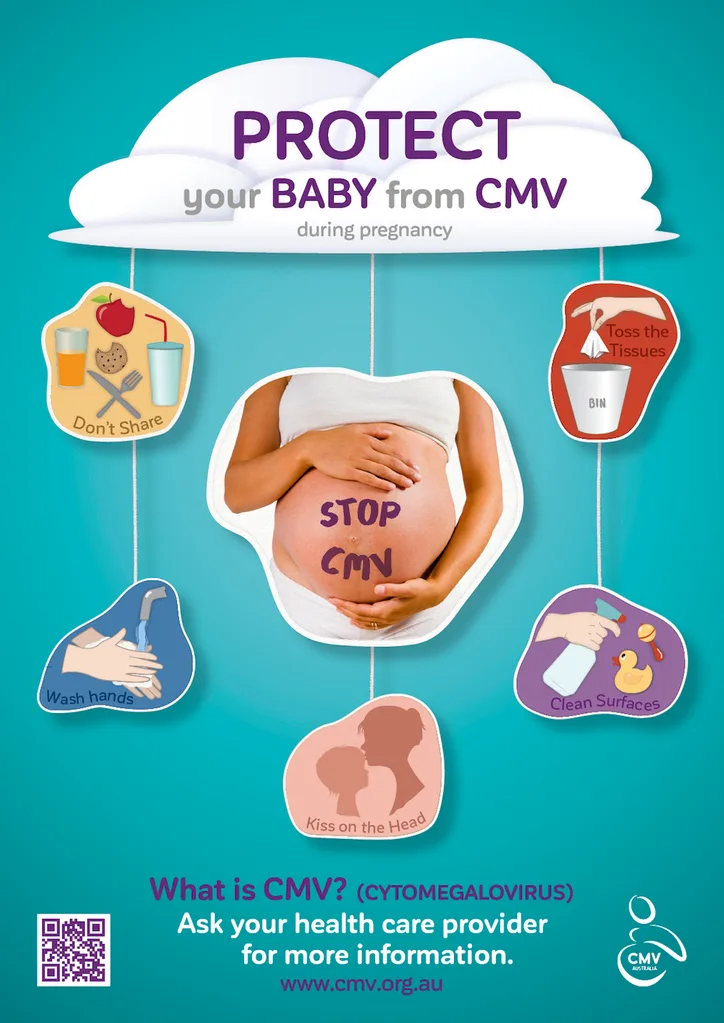An Australian mother is calling for more education around a little-known virus that left her son with hearing loss, mild cerebral palsy and developmental delays.
And doctors agree that all pregnant women should be warned about the illness.
When Kate Daly was pregnant with twins, she was vigilant about following all the rules to keep her unborn babies healthy, she told the ABC.
However, unbeknownst to her, she contracted Cytomegalovirus or CMV while pregnant.
The virus is transmitted through body fluids, including saliva, blood, tears and urine, and is often harboured by young children who may have contracted it through daycare.
Daly had two older daughters, aged four and two, when she was pregnant.
Daly told the ABC that she was astounded that she had never been warned about CMV. “I couldn’t believe that after three pregnancies, having a regular GP, an obstetrician and a fertility specialist for all three of my pregnancies that I’d never ever heard of CMV before.” She has since gone on to start a CMV support group.
“The first time I ever heard of CMV was when an audiologist asked my husband and I if we wanted to test our son William for CMV. This was after he was diagnosed with moderate to severe hearing loss at three weeks of age. We were devastated at the time, but little did we know how much we would soon wish that hearing loss was all William was going to have to deal with.”
It’s estimated that 2000 babies are born with CMV every year, and hundreds will be deaf, blind or diagnosed with other disabilities.
Daly’s story, which was also reported in The Sydney Morning Herald, is coming to light because new guidelines have just been published in a medical journal calling for greater awareness.
According to the NSW Department of Health, CMV is a type of herpes virus, and can be symptomless. However, CMV testing is recommended for pregnant women who develop an acute viral illness. You can request CMV testing from your doctor – especially if you work in a high-risk setting (such as a childcare centre) or have young children at home.

Daly’s twins, William and Emmaline, are now six, and William attends a special needs school. Despite six years of weekly therapy he is still considered non-verbal.
“Sadly, another 12,000 babies were born with congenital CMV in Australia since William and Emmaline were born,” Daly wrote in an essay about her children and CMV. “Three thousand of these children suffer from significant disabilities, and some of them have tragically died. The consensus recommendations published by the Lancet Infectious Diseases means there can no longer be any more excuses or delays. Stopping CMV is now a real possibility. We can’t change the past, but we can help other parents by giving them an opportunity to protect their babies.”
There is no vaccine against CMV. However, preventative steps include:
- Washing your hands thoroughly with soap and running water, particularly after close contact with young children, tissues or nappies.
- Do not share food, drinks or toothbrushes with young child
- Avoid kissing children on the mouth (to avoid saliva)
- The Department of Health recommends that pregnant childcare workers should take particular care to avoid CMV.
For more information visit cmv.org.au
 Getty
Getty









